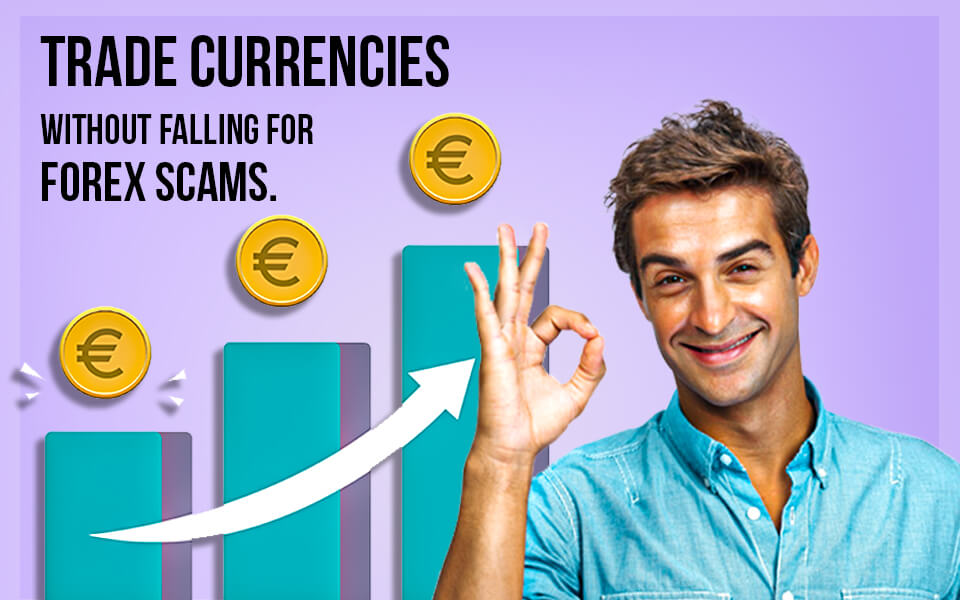People frequently conjure up the stock market when they think of investments. The financial media undoubtedly devotes the most attention to stocks. Interest in other markets, such as bonds and commodities, is also very high. However, one financial market has a trading volume more significant than the sum of all the others. The foreign exchange market, or Forex for short, operates like that.
According to a 2019 Survey, the FX market conducts more than $6 trillion worth of transactions every working day. Governments, banks, multinational corporations, institutional investors, tourists and business travelers, retail dealers, and more are just a few participants in the foreign currency market. The enormous trading volume creates excellent possibilities for savvy traders.
However, it’s crucial to understand that forex trading is a zero-sum market, which means that for every transaction that results in a winner, there is also one that results in a loss. That’s because, unlike a firm, a currency doesn’t make money or distribute dividends. Since the stock market is a positive-sum game resulting from rising business profits and economic expansion, it often offers investors better long-term returns than currency trading.
However, Forex offers a variety of exciting trading opportunities because of the particular features of the currency market, even though it may not be the best strategy to your continuously compounded long-term wealth. Scams can exist and can misdirect investors, even though there are many legal ways to profit from the foreign exchange market. Before starting a forex trading strategy, keep the following things in mind:
- Advantages of forex trading.
- Geopolitical events that affect forex trading.
- Scams to watch out for in forex trading.
Advantages of Forex Trading
The abrupt increases in interest rates and inflation are only one of the elements that have made forex trading extremely appealing in 2022. Differences in interest rates among various nations are a significant factor in currency trading. For example, a forex trader might purchase a currency with a 5% annual yield and sell short a currency with a 1% yearly yield. Due to the difference in interest rates, there would be a 4% yearly gain. Carry is the term for the differential in interest rates. Profiting from these interest rate discrepancies is known as carrying trading, a common forex tactic. Leverage, frequently employed in Forex, can increase gains like the fictitious 4% yearly gain by a factor of many. However, it is crucial to remember that carry trades include a considerable risk, precisely the possibility that the underlying currencies’ values could fluctuate by an amount more significant than the interest rate differential, wiping out any possible profit.
After the global financial crisis of 2008, carry trade became less popular as most major central banks reduced their interest rates to zero or close to it. Due to this, there were fewer opportunities to profit from interest rate arbitrage worldwide. Chances are increasing now, though, as central banks like the U.S. Federal Reserve aggressively raise interest rates.
Geopolitical Events that affect Forex Trading
Another significant reason fueling rising interest in Forex is geopolitical developments. Investors are looking for safety in their portfolios as a result of the invasion of Ukraine. As we just saw with Russia, Ukraine, and China, traders resort to forex “;in times of overall geopolitical concern,”; according to investment experts. Investors seeking the security of the U.S. dollar have been protected by the safety trade, sometimes known as the “King Dollar.”; In fact, the dollar has grown significantly in recent months. As an illustration, it achieved parity with the euro this summer. As a result, $1 was equivalent to 1 euro for the first time since 2002. That’s a noteworthy development because the euro has historically been valued far more than the dollar. Along with the British pound, Swiss franc, and Japanese yen, the dollar has also increased significantly versus other major currencies.
The rise in commodity prices and its inflationary effect is also related to geopolitical upheavals. As a result, the current inflationary environment is favorable for nations that generate large quantities of raw commodities like oil, copper, and iron ore. On the other hand, the global trade sector is not doing as well for countries that import raw resources.
How this has developed in 2022, as per experts: “The Ukrainian crisis has raised the cost of commodities this year, especially natural gas and oil. The value of currencies tied to commodities has greatly benefited from this, especially compared to economies that frequently import related commodities. This can be observed, for instance, by contrasting the Norwegian krone and the Japanese yen this year.”
Due to this dynamic, a currency trader might wager against a country that imports commodities, like Japan, while purchasing the currency of a country that produces them, like Brazil. For example, this year, the Brazilian real has increased by over 30% against the Japanese yen. This hypothetical trade would profit from a significant amount of positive carry interest in addition to the capital gains because Brazil has a higher interest rate than Japan. Leverage is another factor. To increase the size of a 30% gain, forex traders frequently apply three-, five-, or even tenfold leverage on their holdings.
This leverage, though, has two disadvantages, “Due to the leverage forex trading offers, a huge risk is involved. On the other hand, this leverage enables you to manage a significant investment with a sizable sum of money. This provides substantial potential gains but also carries the risk of huge losses.”
Frauds to Avoid in Forex Trading
Even though there are numerous legal ways to benefit from the currency market, there are also dangers to watch out for. Market specialists say that there are three different kinds of forex scams to look for. He calls them the trading bot, pump-and-dump, and portfolio management scams.
Portfolio manager scam
In this fraud, a social network user posing as a portfolio manager will contact investors with claims of abnormally high returns. Doing business only with authorized financial advisors can help you stay away from these dishonest people.
Pump-and-dump
Pump-and-dumps are more common in cryptocurrency markets but can also happen in less liquid forex markets. In these scams, a chat room or social media group will manipulate the price in one direction before unloading their positions on those who bought into the fictitious price movement.
Trading bots
When untested automated systems are used as a cover up to rob a tremendous amount of money. Often traders get lured in at the concept of 24/7 trading through a specialized robot.
As a general rule, it makes sense to avoid forex brokers who make outlandishly high return claims and ensure their funding methods are trustworthy and secure. Experts warn against using a brokerage that either forbids withdrawals or unreasonably stops your trade. “A minor payment followed by an immediate withdrawal will ensure that you have access to your funds and help you avoid this kind of scam.”
Additionally, avoid companies with a short history. Beyond a deposited test, you should pick a regulated brokerage with a successful track record.




